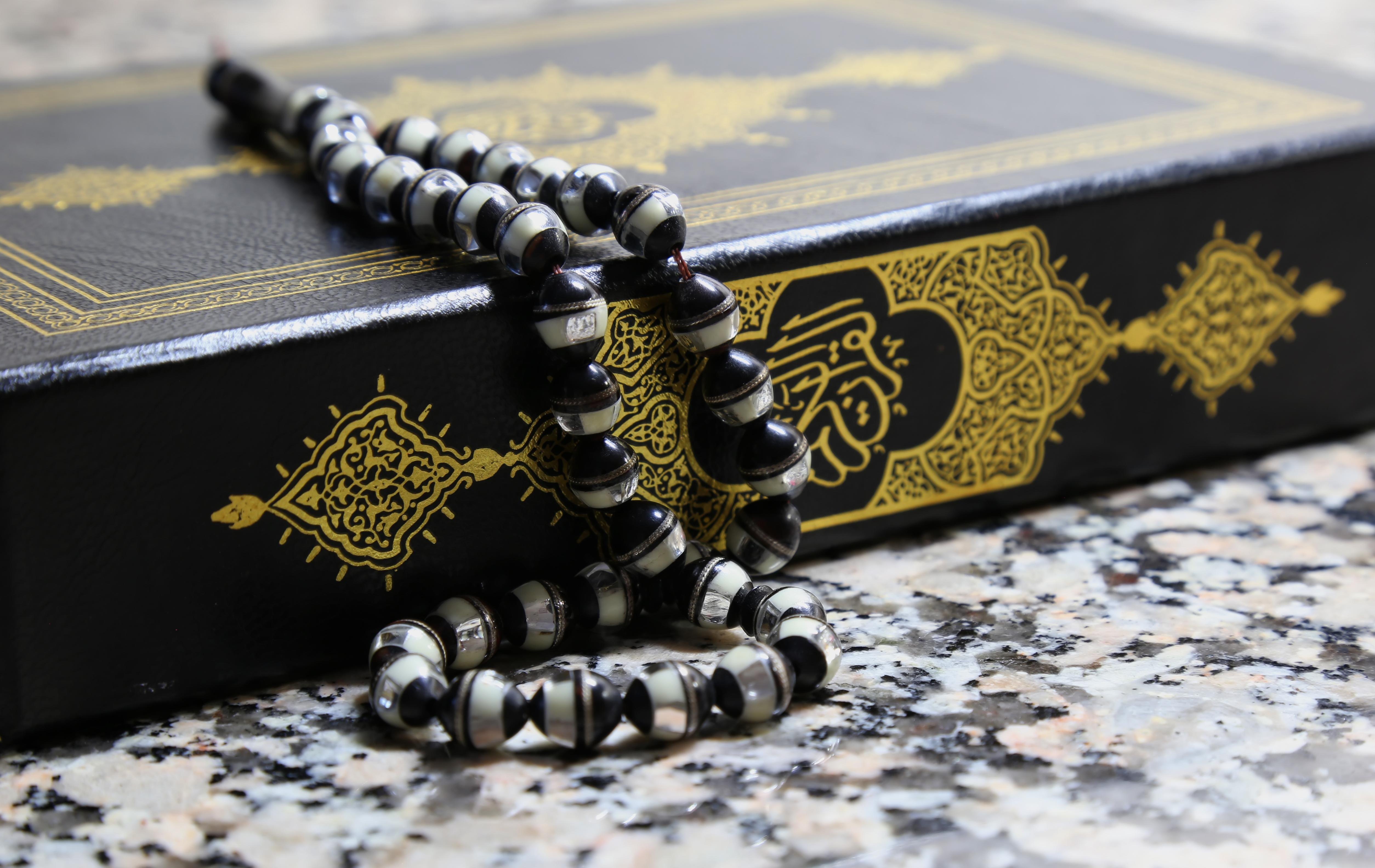
The month of Ramadan is a highly spiritual time in the Islamic calendar during which Muslims observe sawm (fasting). While most people are aware that the Islamic community abstains from food during sunlight hours, there are other less well-known rules and traditions of Ramadan.
Sawm is the fourth of the Five Pillars of Islam and requires that Muslims abstain from eating from sunrise to sunset during Ramadan. Fasting is not only from food but also from drinking, smoking, swearing, sexual activity and impure thoughts. The fast is an act of personal worship which brings a Muslim closer to Allah (SWT), although not everyone is permitted to fast during Ramadan.
The rules for Ramadan state that Muslims over the age of puberty and of sound mind are permitted to observe sawm in Ramadan. There are various reasons as to why a Muslim may not observe the fast, either completely or just for a day. This includes:
As well as the above, there are other legitimate reasons why a Muslim would not observe the fast on a given day, such as travelling for work. Your local imam will be able to offer guidance if you are unsure as to whether your reason qualifies to miss any days of fasting.
If a Muslim is unable to observe a day’s fast for a legitimate reason, they are required to pay Fidya for each day’s fast they miss. This works out at roughly £5 per person per day, the cost of feeding one person for a day. This payment is also due for an unintentionally broken sawm.
However, if it is deemed that a Muslim’s reasoning for missing a day’s fast is not legitimate or they have deliberately broken the fast, then a Kaffarah payment should be made. This is the cost of feeding 60 people per day at £5 per head – therefore, meaning that a single Kaffarah payment is £300, and this should be paid for every day of incomplete fasting. Alternatively, commit to fasting for 60 days consecutively – if a single day is missed, then the 60 days start again.
Although the rules may seem confusing to non-Muslims, they are quite simple. Ramadan and the sawm provide a great opportunity for Muslims to immerse themselves in their faith, with many choosing to recite the Holy Qur’an from start to finish.
Before sunrise, Muslims begin the day with a morning meal known as Suhoor, which is finished before fajr. Once dawn has broken, Muslims who are fasting must not eat, drink, smoke, swear or engage in sexual activity – these are basically the list of activities that you can’t do in Ramadan.
Due to the lack of food and water, Muslims may feel low on energy throughout the day. Because of this, it is better for those fasting to reduce their daily activities where possible, as this is a time for reflection and to be thankful for all that we have. If you have engaged in sexual activity before fasting, then you must not be in janaba, which is a state of impurity after sex – the full-body cleansing ritual of ghusl must be completed before the morning prayers. Women who have completed their menstrual cycle must also perform ghusl before taking part in the morning prayers.
Children are not expected to fast, although some families encourage them (especially older children) to fast for some of the days or for part of the day to ready themselves for what is expected of them in adulthood. For Ramadan, those who have gone through puberty (post-pubescent) are expected to observe the fast.
Traditionally, the fast is broken by eating dates after sunset before the evening Iftar meal. Once the sun has set on the day and Ramadan restrictions are lifted, Muslims can once again engage in all the activities they have been abstaining from (eating, drinking, etc.).
While we have covered some of the things that Muslims are not allowed to do during the fasting hours of Ramadan, there remain some grey areas. Here, we will answer some of the most commonly asked questions about what Muslims are allowed to do during Ramadan.
Yes, Muslims are allowed to continue to take medication that a doctor has prescribed. Eye drops are also permitted, although you should try and administer drops before and after fasting hours where possible.
Yes, for the same reasons as Muslims are allowed to continue to take prescribed medication during Ramadan.
Yes, Muslims are permitted to wash using water (such as for a bath or shower) as long as they do not swallow any of the water. Muslims are also allowed to go swimming during this time.
Yes, those who are fasting can brush their teeth during daylight hours without swallowing any water.
If a Muslim eats or drinks something during fasting hours, forgetting that they are observing sawm, the fast is still valid as they have not intentionally broken it. However, Fidya may still be payable.
As well as observing the fast, Muslims must also pay their obligatory Zakat-ul-Fitr (Fitrana) payment during the month of Ramadan before the Eid prayers. You can make your donation with UK Islamic Mission, who will ensure your payment is used and distributed fairly amongst those most in need.
Copyright © 2025 UKIM All Rights Reserved.
UK Registered Charity Since 1962
Charity Registration No. 250275



